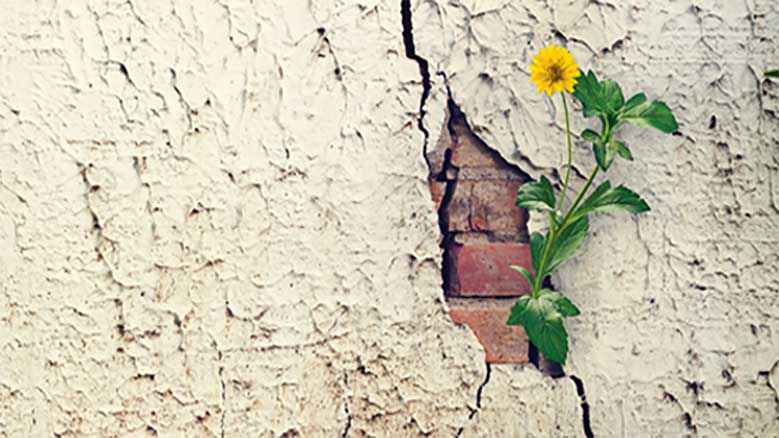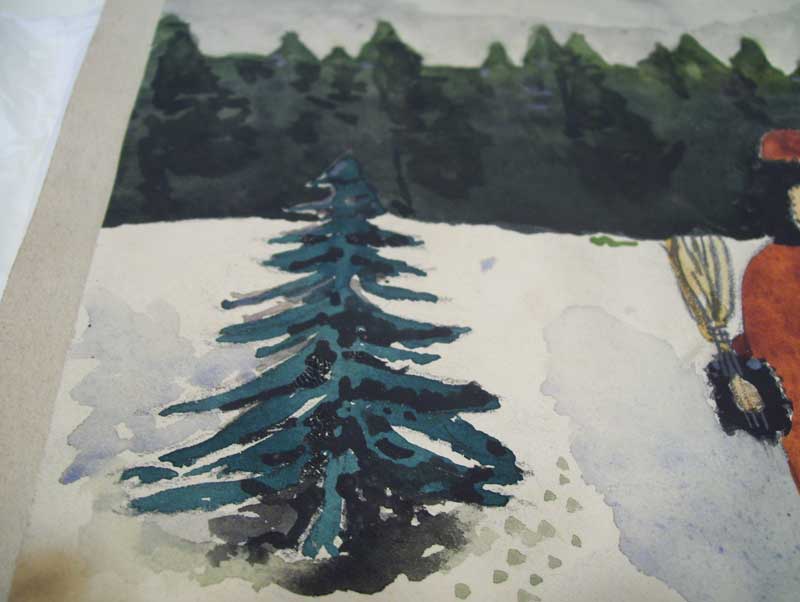One gray morning in early February, a small group of Friends was finding its way to an encounter with 70 years of forgotten Quaker history. In the Facultad de Pedagogia (School of Education) at University of Girona in Catalunya, Spain, we had come to hear about and support Rosa Serra i Sala, an attender at Barcelona Meeting. She is a primary school teacher who, for her doctoral thesis, was given the seemingly impossible theme of Quaker relief for Catalan children during the Spanish Civil War, from 1936 to 1939.
The project was deemed impossible because: (1) practically no material existed in Spain, because the 40 years of Franco’s dictatorship erased all official documents; (2) a few other scholars had made the attempt but had given up because of inability to connect with foreign sources of material; and (3) the organizations involved had all their written material and minutes in English, which Rosa, who speaks Catalan, Castellano, and French, does not know. (While there have been articles in English and more recently a book about Spanish relief written by a British Friend, there has never been a full account written from the Spanish sources.)
In spite of her tutor’s skepticism, Rosa began in 1995 to look for the few sources available, mainly dealing with statistics of food supply to specific locations in Catalunya, and frequency and places of distribution. However, through the Ecumenical Centre of Catalunya, she found her way to our home, an unofficial Quaker "office" and where the meetings for worship of Barcelona were held from 1965 to 2003. For all those years we had collected material from Friends Service Council in London and the American Friends Service Committee in Philadelphia, Pa., including photos, pamphlets, magazine articles, letters, and more, looking toward that day when someone would appear to write down this remarkable account of Quaker history. This was not a casual dream. We had known Alfred and Norma Jacob in Philadelphia, the directors of Spanish relief work, and later in Barcelona we became friends with Domingo Ricart, a Friend then living in Kansas and former Catalan director of relief. Domingo was so anxious to have the story told that, when he retired and came back briefly to Barcelona, he left all his material of the Quaker experience in the war to a newly opened library of Catalan history. He always believed that someday the story would come to light.
For years his box of material was hidden in a closet, uncatalogued, until Rosa, who had learned of its existence through a magazine article, insisted to the librarian that a Domingo Ricart had left documents about los Cuàqueros that had never been seen. (Domingo had died by then, but his spirit must have pushed the librarian into looking further!) Rosa also kept insisting in other areas, including the finding and meeting of elderly ex-relief workers in Madrid who had collaborated with Friends and others who had received Quaker aid as children. Thus it is not surprising that in 1984, during a worldwide ecumenical "prayer for peace" in the Cathedral of Barcelona, we were thrilled to learn later that the odd word Cuàquero had stirred warm memories in several people, who remembered the food and care given them as children during the hard years.
For ten years Rosa left no stone unturned, discovering hidden facts in some areas and even having to revise what she had written at first. The more she found, the more she kept asking herself: "Why did these Friends leave their homes to come to Spain to help as they did on both sides, not politically motivated and totally committed to a cause not their own? What was the fundamental Quaker motivation?" She began to attend our meetings and soon discovered why.
A large part of the defense of her thesis was the most remarkable revelation of what Henry Cadbury used to suggest: "Quakers should preach what they practice." She quoted John 15:11-17 and spoke passionately about the Christian basis of the work. Not all the academics on the panel got the message, but those who did—one a theologian and another a friend of Friends—supported her thesis totally, putting aside the typical academic nitpicking of the others. And so, after they debated behind closed doors, we all reentered to hear that she had received the panel’s approval of Excellente.
At our celebration dinner afterwards, which included eight people from our meeting and six from the panel, we toasted Rosa’s long, fruitful dedication and those others who were in Spanish relief work 70 years ago. We agreed with Rosa that the research into hidden Quaker history was destined to come into the light. While it is written in Catalan, could we ask for yet another miracle to have it published and translated into English?




